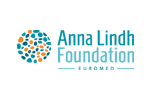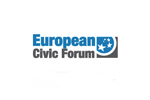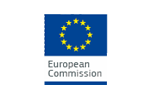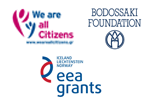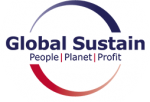The overall objectives of the project are to raise awareness on development issues related to climate change and energy and thereby contribute to achieving the Millennium Development Goals (MDGs) 1, 7 and 8, to contribute to a CO2 reduction and more sustainable lifestyles and policies in Europe, to contribute to the fostering of coherent, efficient and equitable adaptation and mitigation strategies – in the EU and developing countries, and to contribute to an increased use of modern communication tools and media for sensitization activities and for non-formal and informal learning arrangements. The specific objective of the action is an increased knowledge transfer of poverty and development issues through new media channels and informal learning arrangements (competence development), whilst showing the interrelation to energy, climate change impacts and lifestyle, by offering a multi-disciplinary summer school to multipliers across Europe.
In ClimCom, a series of blended learning summer schools are offered to a wide range of European multipliers and local authorities. The summer schools consist of a 5 months E-Learning phase and a 2/3-week face-to-face period. In the summer school cycles participants acquire knowledge and skills on the complex and interrelated issues of climate change, energy and poverty, as well as their impacts such as forced migration, violation of human rights and vulnerabilities for developing countries. Not only in the face-to-face periods, the multipliers are surrounded by a trans-disciplinary team of the five partner countries to firstly go deeper into the issues, acquiring techniques of stakeholder dialoguing and of closing the gap between science, policy and society. Set with these techniques, a second learning process will start: that of breaking the complexity down to messages, metaphors, stories, scenarios and visions. These will then be translated into audio visual formats which are then produced in a participatory process with the support of professionals. Entering a second E-Learning phase, the participants will actively use these audio visual products (video and radio spots, viral spots, twitter messages, blogs, web-banners) to develop dissemination strategies through new and traditional communication channels, as well as for their application in stakeholder dialogues and regional activities. A strong focus is given to the active use of web 2.0 tools (as important dimension of informal learning area).
The project was co-financed by Non-State Actors and Local Authorities development, Raising Awareness on development issues and promoting developing education in EU


